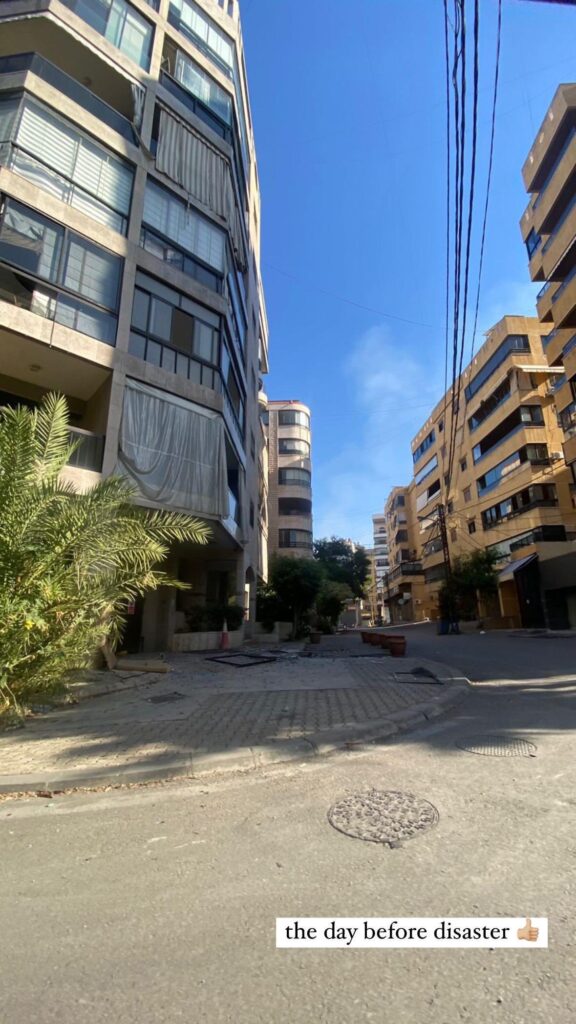By: Jana Safieddine, 2027
The United States is a country of immigrants. My family are some of those immigrants. I remember the time I was 8; I dreamt of living there. However, as I grew older, I grew aware of my culture. I felt a sense of pride in my “Levant DNA” – the rich history that runs in my blood and the hospitable culture that is widely misinterpreted by today’s world.
I come from the south of Lebanon, in an area known as “Tyre”, an ancient city settled by the Phoenicians, a Semitic civilization. Tyre has existed for more than 4500+ years, and the city is an UNESCO World Heritage Site due to its richness in historical significance, sites, and ruins. I remember being on the beach with my mom and sister, eating شيش طاووق with ثوم (chicken skewer with garlic sauce) hummus, and فتوش (salad, toasted pita bread, and Middle Eastern spice, called sumac). The food is always the best part of the trip. I felt the warmth of the sun and the combination of the heat and breeze while swimming in the clear green-blue ocean and lying down in the sand while the tide washes the ocean water over my feet.
When I went to Lebanon this summer, I couldn’t relive those memories anymore. Tyre was being bombed, and people’s homes were destroyed. According to the Lebanese government, more than 1.2 million displaced people were, and some, still are living in the streets. These victims of war are rethinking all of their destroyed memories to which they wish to go back.
I remember visiting my best friend Malak’s house in Lebanon. Her house is spacious, in the process of renovation. Her bathroom had black tiles, a white big sink, and a big mirror with lights around it. It was newly renovated as well. I remember eating dinner when I was there. The dining table is big and wooden, with a glass protector. We ate pasta with red sauce, alongside pan fried chicken with some caesar salad. I spent time with her family, ate ice cream, and made sure to spend the limited days I had with my best friend. Unfortunately, she was one of the 1.2 million displaced people whose home was destroyed, with only rubble left. It was a devastating and fearful time for her. However it was the memories that struck through her, wishing she could go back to the normal life she once had, such as going back to the gym, school, and spending time with friends.


Thankfully my best friend made it out alive. However, not only were the Lebanese affected by the destruction of their homes causing them to be displaced, but also they were affected by the sheer psychological distress of death surrounding them. According to the UN, nearly 3600 Lebanese people have been killed, including 260+ children. One was an 18-year-old friend of mine. His home was airstruck while he was packing his belongings to flee to a relatively safe area.
People might argue that it is justifiable for civilian lives to be lost in war; however, war is supposed to involve two armies in a battlefield with weapons. Civilians don’t sign up to risk their lives.
It is questionable how apathetic people have become following October 7, viewing people as numbers, but not as humans with stories who have had a life ahead of them. This is exemplified by the justification of killing thousands of children who couldn’t live life long enough, alongside the normalization of brutality and ethnic cleansing of a certain group of people just for the sake of land.
Watching the news, checking the stats, and looking at numbers tends to bring us to a place where we forget that each number is a person with a story, whose lives have changed forever.



